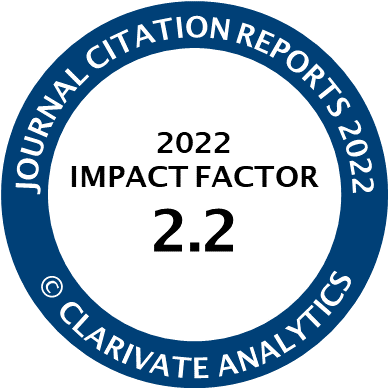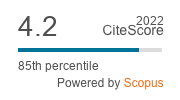Article | Open Access
Emissions Lock-in, Capacity, and Public Opinion: How Insights From Political Science Can Inform Climate Modeling Efforts
| Views: | 1394 | | | Downloads: | 738 |
Abstract: The implementation of ambitious climate policies consistent with the goals of the Paris Agreement is fundamentally influenced by political dynamics. Yet, thus far, climate mitigation pathways developed by integrated assessment models (IAMs) have devoted limited attention to the political drivers of climate policymaking. Bringing together insights from the political science and socio-technical transitions literature, we summarize evidence on how emissions lock-in, capacity, and public opinion can shape climate policy ambition. We employ a set of indicators to describe how these three factors vary across countries and regions, highlighting context-specific challenges and enablers of climate policy ambition. We outline existing studies that incorporate political factors in IAMs and propose a framework to employ empirical data to build climate mitigation scenarios that incorporate political dynamics. Our findings show that there is substantial heterogeneity in key political drivers of climate policy ambition within IAM regions, calling for a more disaggregated regional grouping within models. Importantly, we highlight that the political challenges and enablers of climate policy ambition considerably vary across regions, suggesting that future modeling efforts incorporating political dynamics can significantly increase the realism of IAM scenarios.
Keywords: climate policy ambition; climate modeling; climate policymaking; climate politics; emissions lock-in; integrated assessment models; Paris Agreement; public opinion; public support; state capacity
Published:
Supplementary Files:
© Silvia Pianta, Elina Brutschin. This is an open access article distributed under the terms of the Creative Commons Attribution 4.0 license (http://creativecommons.org/licenses/by/4.0), which permits any use, distribution, and reproduction of the work without further permission provided the original author(s) and source are credited.




